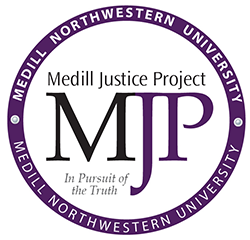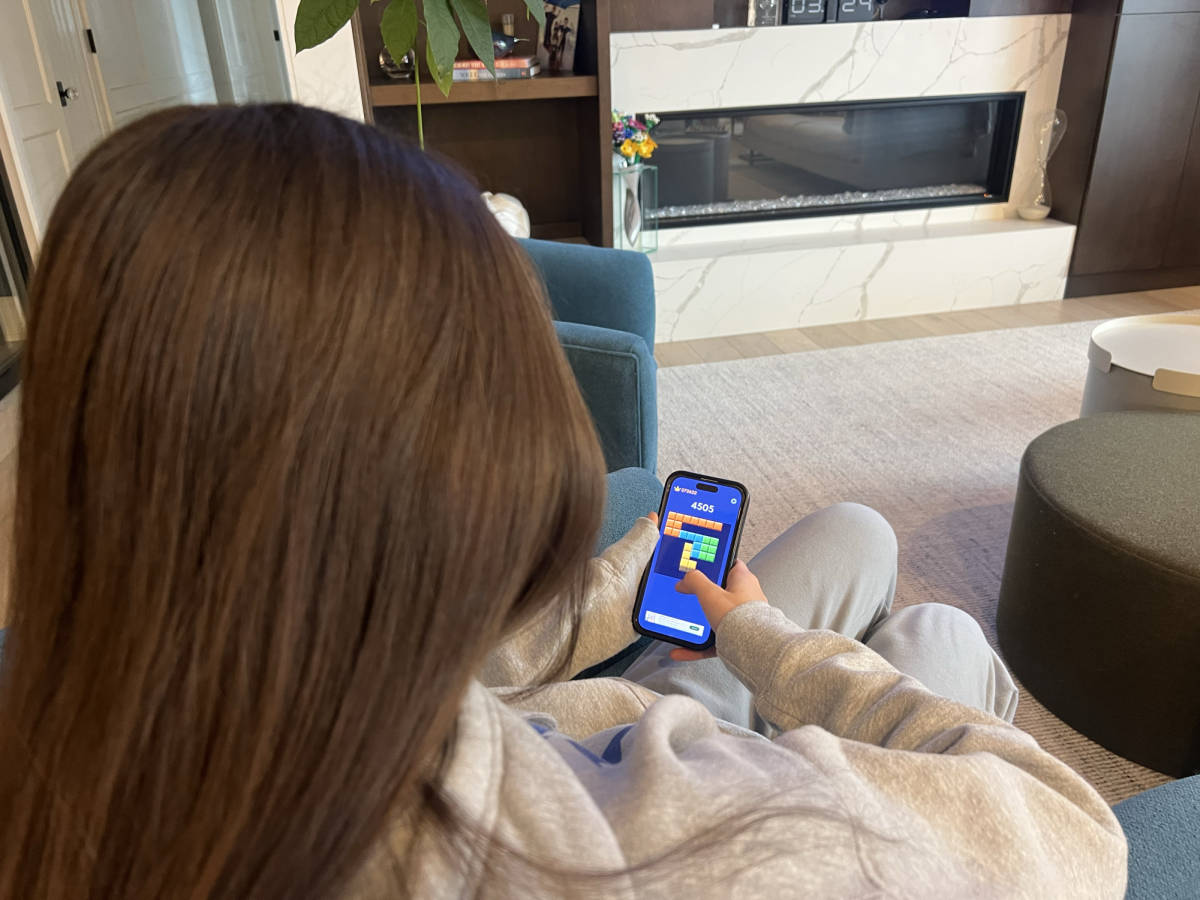Hannah Korach Students at Latin are involved in a multitude of impressive organizations, but rarely is their work highlighted. That’s why we have the Forum — to call attention to the awesome things students do both in and outside of school. Junior Siena Craigie is both an intern at the Medill Justice Project and a self-proclaimed activist for criminal justice reform. Continue reading to find out more about what she’s doing not only for Latin, but Chicago and beyond. Q: What is the Medill Justice Project? A: The Medill Justice Project (MJP) is an investigative journalism project that helps people who claim to be wrongfully convicted. People reach out to us and we take a look at their story. MJP is a huge project that overlooks a bunch of things and is a class offered at Northwestern that runs four times a year where they look deeply into one case each quarter. Q: When did you start working with the organization and what sparked your interest in it? A: The Innocence Project was what sparked my interest in it. I took a Law class at Georgetown Pre-College. There was a day we focused on the flaws in the justice system. During one specific exercise, we examined the case of Michael Morton. The teachers put all the evidence about the case around the room and we had to pick what evidence proved him guilty and what proved him innocent. There was an equal amount of both, but in court they only used the evidence that proved him guilty. He was in prison for 26 years and his son grew up believing his dad had killed his mom. Later on, they used DNA evidence to prove him innocent. The real criminal turned out to be a crazy serial killer. The retrial was done by The Innocence Project. I then looked into it and found out there was an Innocence Project sect in Chicago at Northwestern (now MJP) and I emailed them to see if I could become involved.” Q: What’s your role at MJP? A: I am an intern with MJP. I have been since sophomore year and we do things separate from the class. I receive the letters everyday and respond to the inmates. We get 5 to 7 letters a day and I have to read all of their stories and respond to each of them. We get letters from everyone — there are prisoners all over the country who believe they are wrongfully convicted. Prisoners of all genders, races ages, and backgrounds, too. Right now, I am doing an ISP with Ms. Dorer. I created a website called Chicago Students For Criminal Justice Reform. I interview the faces of criminal justice reform in Chicago. Today I am interviewing the Mayor. Yesterday, I interviewed State’s Attorney Kim Foxx. She is one of the leaders, if not the leader, of criminal justice reform in Chicago, which she took on after the Laquan McDonald tragedy. It is so important for us to be having these conversations, educate others about it, and really talk about it at our age — especially for youth to know that what we see on social media and the news is not the whole story. Not all prisoners in jail are truly bad. It’s the environment they grew up in — if they lacked a support system or were surrounded by it, they were forced into it. Our juvenile justice system has been improving but is still flawed. We have to change what we think, since it’s not just good and bad there is so much gray area to investigate in each story. I am trying to educate people through these interviews, and at MJP, I can hear these people’s stories and help. There are so many things that need fixing like mass incarceration and improvements in bail reform. It’s such a prevalent issue and I love being able to give people a voice if there is a chance they are innocent. Q: Who does your work apply to and help? A: We take letters from everywhere but for the ones we investigate: the crime must be committed in the U.S, you must have committed a murder, you must claim to have not been present when the murder was committed (uninvolved). You have to be claiming full innocence. A lot of people send letters to us saying “I am incarcerated for this and I am wrongly convicted” and we look further if they claim full innocence. We investigate people who are in for life, prisoners in solitary confinement, women in prison — all different cases. We like to collect data to put on our website so people can see what’s going on and the data behind our work. Q: Have you had any challenges while working there? Is there anything particularly special or do you have a specific memory/story that you’d like to share? A: When working with the organization, the hardest thing is to read these stories and keep your biases away. You might feel for the person, but it’s really important to investigate. I love doing what I do because I can give everyone a voice in a voiceless system. So many people reach out to us and we respond to every single one, when most organizations don’t read them at all. I am the only person in the group that reads every single letter. If I do find something particularly moving, I can bring them to the class. One time, I received a letter in Spanish and spent time translating it because I knew he had something to tell me. You can never let cases go, even if they are a challenge. Q: What’s the Medill Justice Project’s significance at Latin? A: Its impact is definitely a work in progress. It’s really hard because people are reluctant to talk about wrongful conviction and look into these stories. For service day, I spoke about this and I saw it was hard for people to talk about. Many students don’t see that criminals, even those committed of murder, can change and could even be innocent. Next year, LIFE is looking into doing Ethics In Journalism and I am hoping to bring someone in from MJP so we can talk about it together. As hard as it may be, high school students need to be involved. People don’t see how smart we are and how much our voices can be heard. The adult figures in our community need to see that we have a voice and we’re loud and help the conversation get going. You can foster a different narrative for people convicted of crimes. Q: Have you come across any problems or been cases that couldn’t be helped during your time? A: One man who is in for life recently reached out to us with a story that sounded straight out of a movie. Many years ago, his son committed a murder, and the man writing to us (the father) took the fall to protect his son. Now, however, he is saying that he wants everyone to know the truth and to be freed since he is innocent and his son is guilty. Some cases are messy and here, the son can’t be retried again. That’s another flaw we have in the system that keeps innocent prisoners stuck in jail. Despite these challenges, we do the best we can to get the truth out. Another thing that is interesting that I have learned through my work there is that the U.S shares the same death rates as Yemen, yet Yemen will not hold prisoners in solitary confinement for over 15 days and we have sent people into solitary confinement for 43 years. I remember seeing that and was so shocked. We share the same death rates with them, but they refuse to do something that we do constantly. Check out Siena’s website that will soon be up and running with information, articles, and stories at https://www.chicagocjr.com. For more information on the project itself, go to http://www.medilljusticeproject.org or look up the Innocence Project, which MJP originally came from. ]]>
Categories:
Q+A: Siena Craigie and the Medill Justice Project
March 8, 2018

0



















































